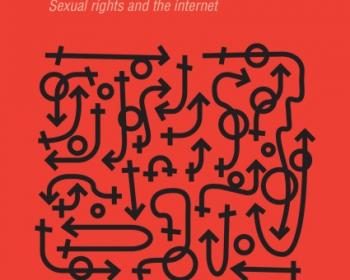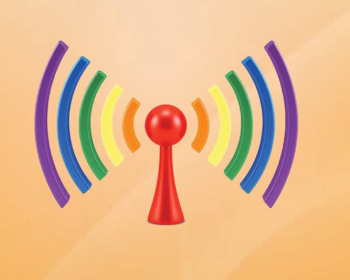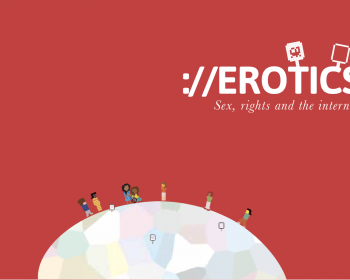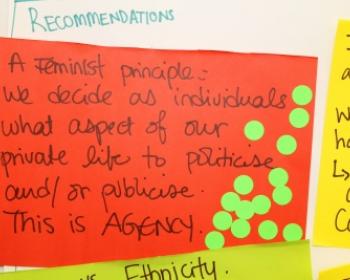sexual rights
This edition of GISWatch presents stories from around the world on how the politics of sex and sexual rights activism takes place online. It examines how generally accepted sexual identities, as well as marginalised sexualities, are expressed, regulated and moralised on the internet.
Refused to become part of the silent majority, Institut Pelangi Perempuan conducted an exploratory research related to the LGBTIQ rights in the internet governance in Indonesia. This research is an attempt to challenge and build social movements through a process of advocacy in the fight against cyber-homophobia and blocking decisions unilaterally LGBTIQ sites in Indonesia.
How does the politics of sex and sexual rights activism take place online? How are generally accepted sexual identities, as well as marginalised sexualities, expressed, regulated and moralised on the internet? These are some of the questions addressed by the latest edition of the Global Information Society Watch (GISWatch) report, launched at the Internet Governance Forum.
How does the politics of sex and sexual rights activism take place online? How are generally accepted sexual identities, as well as marginalised sexualities, expressed, regulated and moralised on the internet? These are some of the questions that this year’s edition of the Global Information Society Watch report (GISWatch 2015) aims to respond to.
Turkey has come to the fore due to its conduct to ban world-famous websites, which undoubtedly targets not only websites with LGBTI content but freedom of expression in general. Restrictions on access to websites come in two ways: Blocking the content and bans on obtaining domain names.
The EROTICS project looks at the impact of regulatory frameworks and control mechanisms on the lived practices, experiences and concerns of internet users in the exercise of their sexual rights.
This article is based on the speech given by Bishakha Datta at the Disco-Tech event organised by APC that took place at the 2014 Internet Governance Forum in Turkey.
Over three days, the participants discussed and debated intersections of gender, sexuality, and the internet – not only as a tool – but as a new public space. In thinking through these issues, the participants at the meeting developed a set of 15 Feminist Principles of the Internet. These are designed to be an evolving document that informs our work on gender and technology, as well as infl...
The 27th session of the Human Rights Council (HRC27) will take place in Geneva from 8-26 September 2014. APC will be attending the session to focus on internet rights and will be supporting a group of sexual rights activists who will be attending the Council for the first time. This briefing note highlights the key internet rights related issues in the Council’s agenda for this session as wel...
The 27th session of the Human Rights Council (HRC27) will take place in Geneva from 8-26 September 2014. Internet rights and freedoms will feature prominently with the highlight being the Council’s consideration of the landmark report of the UN High Commissioner for Human Rights on the Right to Privacy in the Digital Age and related panel discussion on September 12th and a discussion on viole...

Association for Progressive Communications (APC) 2022
Unless otherwise stated, content on the APC website is licensed under Creative Commons Attribution 4.0 International (CC BY 4.0)










